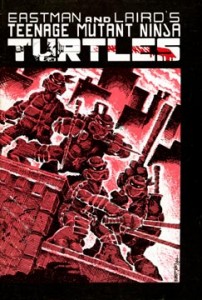“I believe in censorship. I made a fortune out of it.” – Mae West
Literature has been a flashpoint for centuries. Every generation of every society had problems with certain literature. Books have pushed thought and idea to their breaking point.
That is what literature is really about. It’s about exposing the dark underbelly of life, showing us the things that we think, but are afraid to admit. Literature shows the truth of human potential, both in triumph and tragedy.
It is a powerful and dangerous medium. People have been killed, jailed, or ran out of town for things they wrote. Writers get protested, boycotted, or outright censored by others who feel what they wrote crossed some sort of line.
What is that line, though? It is an ever-changing, evolving thing that is based entirely on social norms. Quite frankly, the line is worthless, and part of art is finding that edge. Artists have lived on that line since story-culture was born.
You cannot second guess the line. You can’t wonder where it is, and if what you are writing is going to be hated or even latched onto by people with political agendas. Just write. If it is good, maybe it will get published. If some people think it is offensive, that’s their problem.
Books should never be banned just because someone is scared by what they find inside. It isn’t society’s job to protect me. I can make my own decisions about what I think and feel. So can most of you. The banning of art by any government or organization is a red flag in any society.
Now, I’m not suggesting that you should let your children read whatever they want. But what you choose to let your child to read, or what your school district wants to teach them should be between you, your school district, and your child. Chances are, your school district will be much more conservative than the average person anyway.

